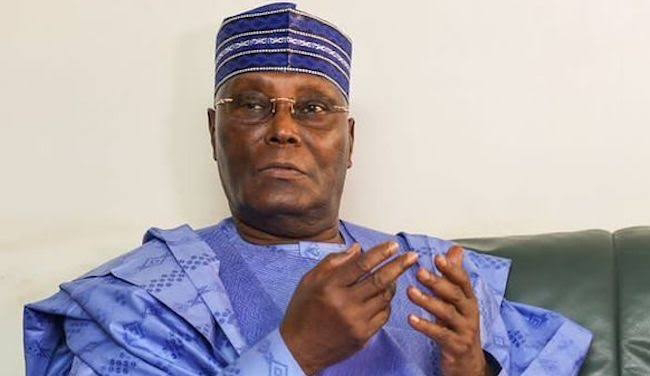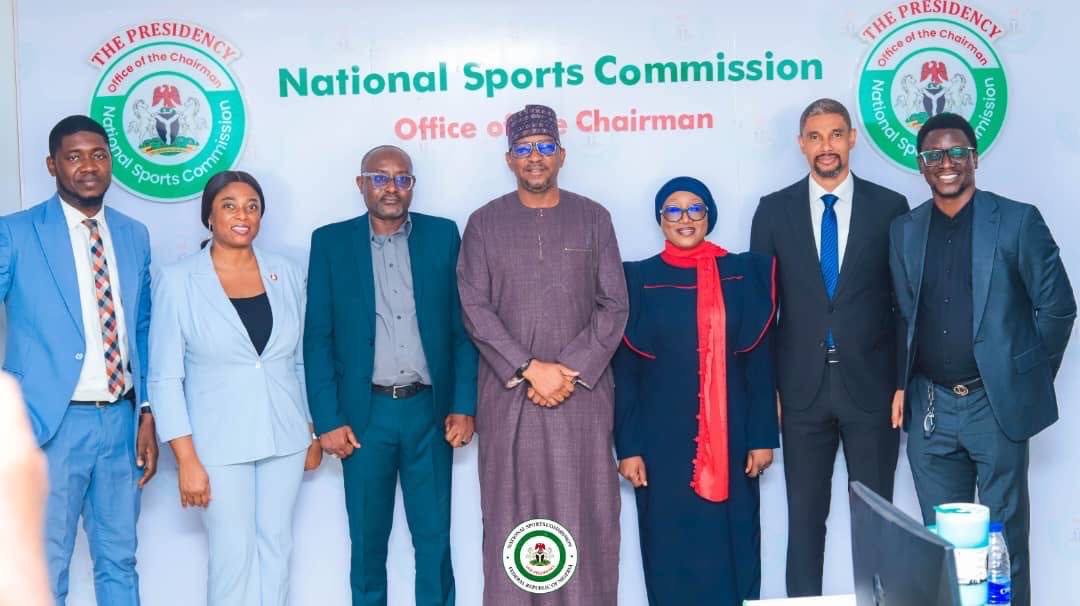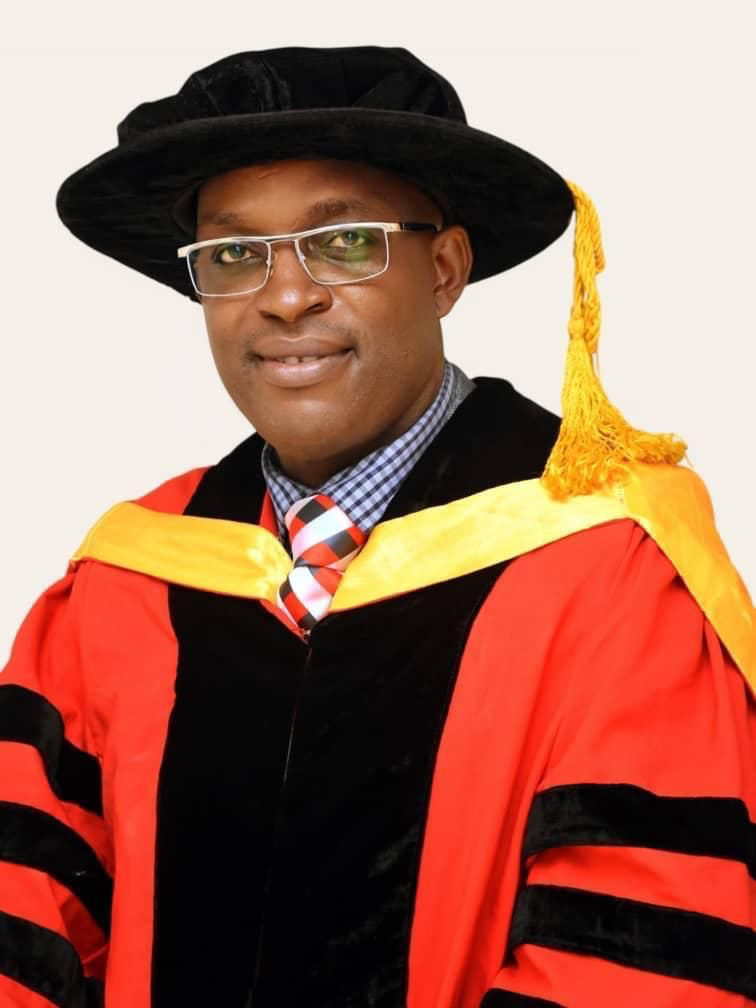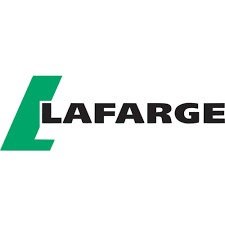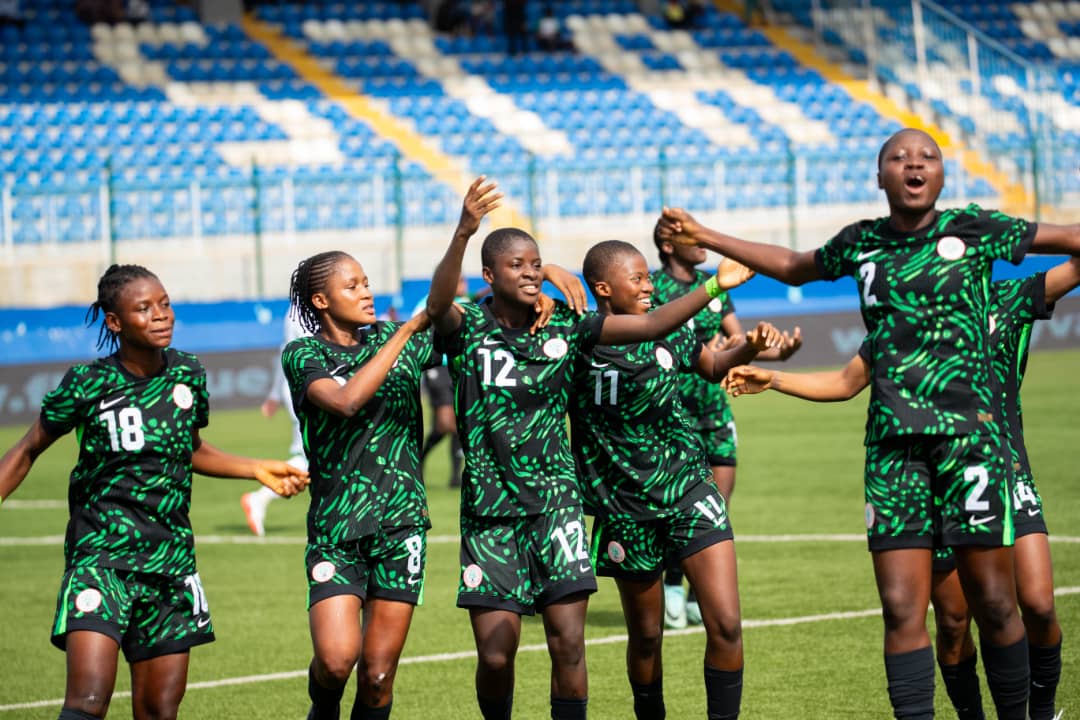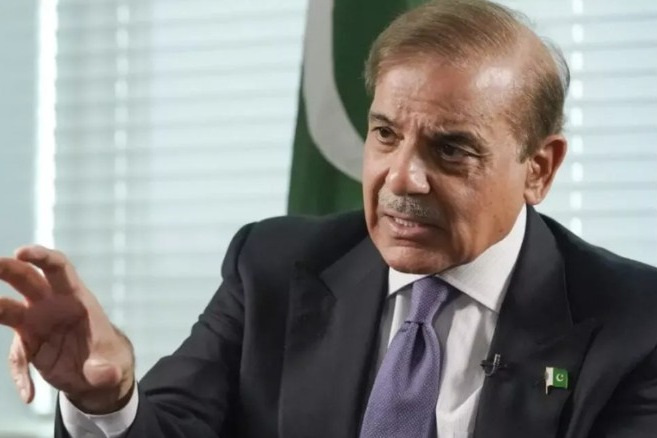Abuja, January 29, 2025 – Atiku Abubakar, former Vice President of Nigeria, has raised serious concerns about the state of Nigeria’s democracy, accusing President Bola Tinubu and the All Progressives Congress (APC) of monopolizing power and threatening the pluralism essential to a functioning democracy.
Speaking at the Centre for Leadership, Strategy and Development’s two-day national conference in Abuja on January 27, Atiku warned of the increasing dominance of the APC, which he believes is undermining opposition parties and eroding democratic principles. The conference, which gathered civil society organizations and political leaders, aimed to foster constructive dialogue on Nigeria’s democratic sustainability.
Atiku criticized the APC for responding to his concerns with personal attacks rather than engaging in meaningful discussion. He accused the ruling party of being “gripped by paranoia” and noted that the party’s actions were damaging the credibility of the nation’s democratic institutions.
The former Vice President also voiced alarm over what he described as President Tinubu’s authoritarian tendencies. Atiku highlighted the president’s controversial plans to influence the Independent National Electoral Commission (INEC) and criticized his administration for awarding lucrative contracts to companies tied to his family.
“These actions are a direct threat to the future of Nigeria’s democracy,” Atiku said, adding that the country’s political landscape was becoming increasingly dominated by a single party at the expense of multi-party democracy.
Atiku’s comments echoed earlier warnings about the erosion of democratic structures, with a particular focus on the growing influence of the APC over national institutions. His warnings have gained traction as recent developments, such as the reshaping of INEC, appear to confirm his concerns.
As the opposition parties struggle to maintain their independence, Atiku’s statement paints a grim picture of Nigeria’s political future, urging the ruling APC to reflect on its actions and the consequences for the nation’s democracy.
The former Vice President’s comments come at a time of growing political tension, as opposition forces within Nigeria face mounting pressure from a government increasingly accused of stifling dissent.

